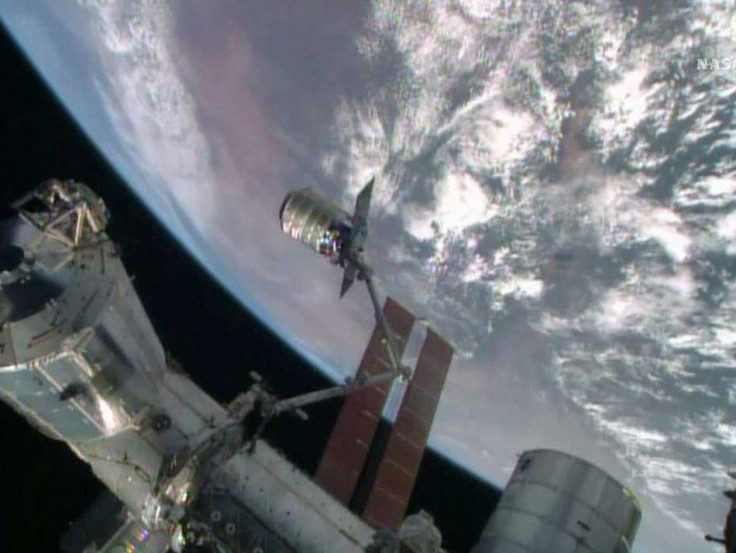Space Race On in Middle East, UAE Plans Planet Mars Mission in 2021

A new player has joined the worldwide list of nations hurtling space missions to Mars. The United Arab Emirates recently announced plans to send a mission to the red planet by 2021.
The energy-rich country said the plan to send the Arab world's first mission to another planet coincides with the 50th anniversary of its formation and independence from Britain.
Prior to that, Gulf News reported that UAE will need to first create a new space agency to supervise the mission.
Local UAE officials said the unmanned spaceship will travel nine months at more than 37 million miles to reach Mars.
"The UAE Mars probe represents the Islamic world's entry into the era of space exploration," the Arabian Business quoted UAE's president Sheikh Khalifa bin Zayed Al Nahyan. "We will prove that we are capable of delivering new scientific contributions to humanity."
So far, only the U.S., the USSR/Russian Federation and the European Space Agency have been successful in sending space missions to Mars. Britain, Japan and China have all tried but are yet to succeed. The verdict on an Indian space mission is still on hold, pending the arrival of its probe, if it will ever land there at all. India's Mars orbiter is expected to reach the orbit of Mars by Sept 24.
"We chose the epic challenge of reaching Mars because epic challenges inspire us and motivate us," Sheikh Mohammed bin Rashid, vice president (and prime minister) of the UAE and ruler of Dubai, said. "The moment we stop taking on such challenges is the moment we stop moving forward."
But while the UAE has indeed no aerospace industry, the country has already been active in space with communications satellites and Earth observation satellites, John Logsdon, a space policy expert and professor emeritus at George Washington University, told TIME.
In fact, according to TIME, a government-backed group based in the Persian Gulf country has already bought nearly a third of Richard Branson's Virgin Galactic, a private space tourism company.





















